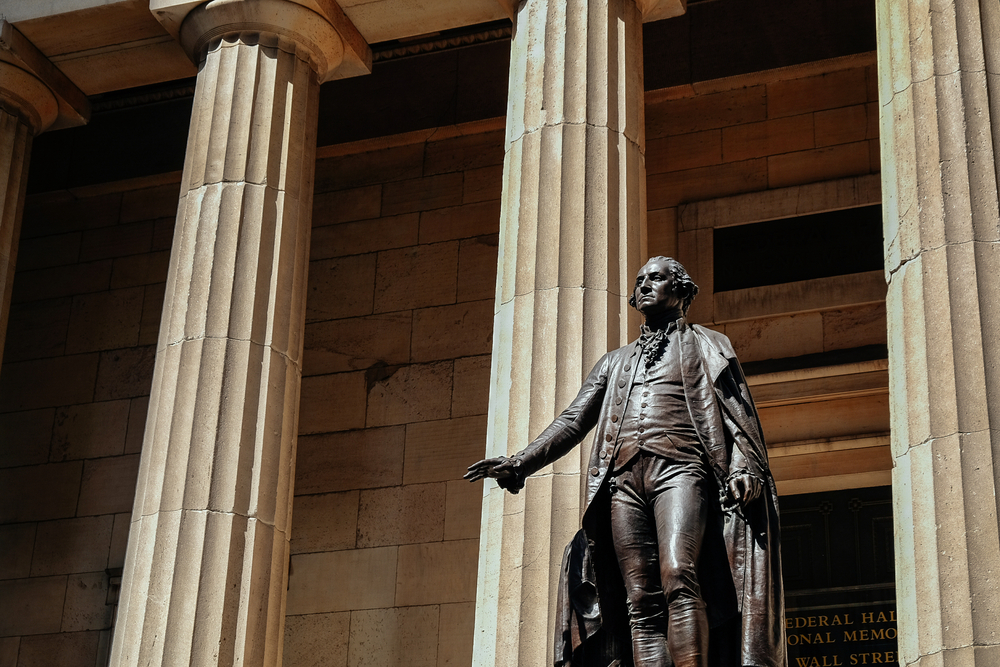March 13, 2014
March 12, 2014
The Four Questions of Christian Education
March 11, 2014
Calvin Coolidge Jr.’s Powerful Poem on Success
February 24, 2014
Justice Scalia: Good Government Needs Religion
February 21, 2014
A Lesson in Work Ethics from Mike Rowe
February 21, 2014
On Banning ‘Make A Difference’
February 19, 2014
Dagger John in the History of Liberty
February 17, 2014
Why is George Washington the greatest president?
Sometimes I recoil a little when somebody declares that there can be an American president greater than George Washington. Henry “Light-Horse Harry” Lee declared Washington, “First in the hearts of his countrymen.” Continue Reading...
February 14, 2014
House of Cards and Politics without Romance
February 06, 2014
